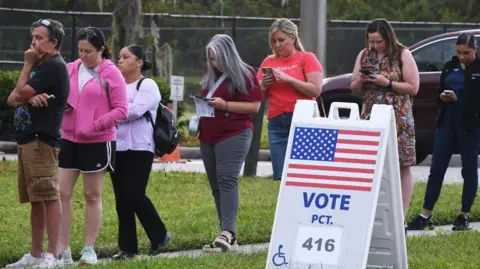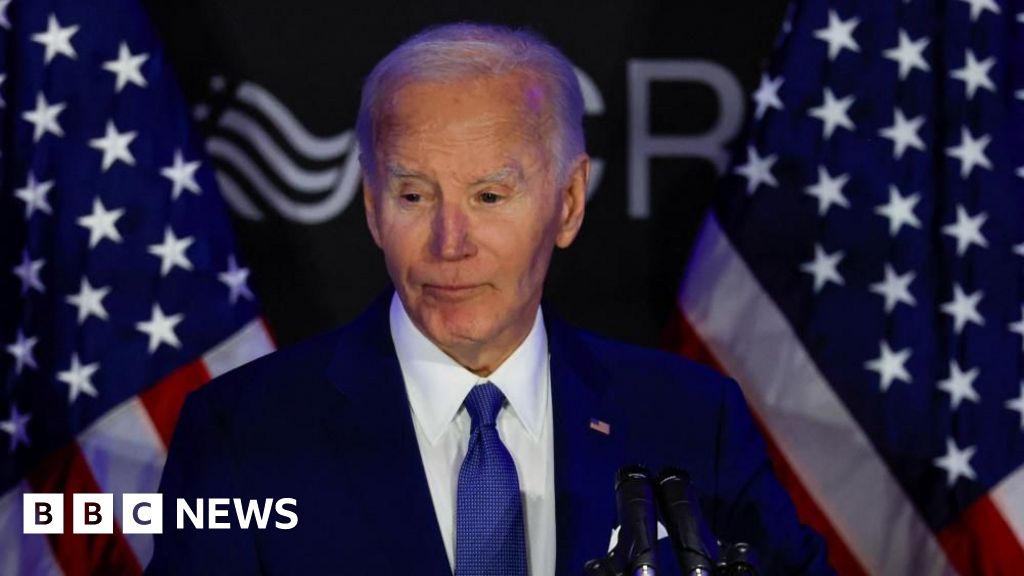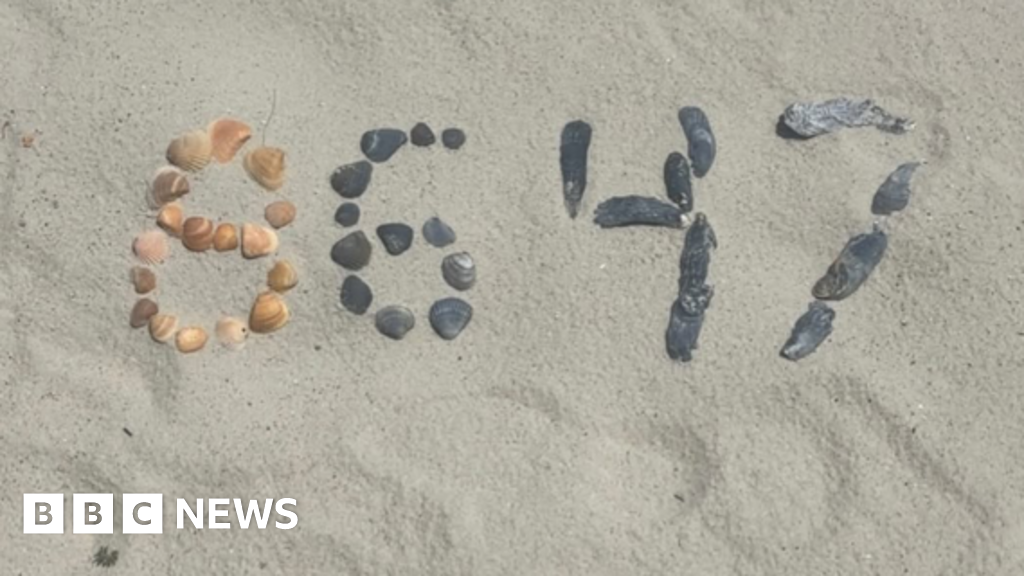ARTICLE AD BOX

 Getty Images
Getty Images
Florida is one of 10 states where abortion is on the ballot this election
A closely watched proposal to restore abortion rights in Florida is on track for defeat, in a significant blow to efforts to expand local protections for the procedure.
The ballot initiative would have allowed abortion until the point of foetal viability or about 24 weeks, but had to meet a threshold of 60% support in order to pass.
Florida was one of 10 states this election where voters were asked to weigh in on abortion rights measures.
The state-level fights come two years after a US Supreme Court ruling that struck down the national right to abortion, prompting many states to introduce bans or severe restrictions on the practice.
With 87% of the vote reported, the Florida amendment was projected to win support from 57% of voters, according to Reuters.
Campaigners in Florida had promoted the amendment as a way to override the strict law that came into force earlier this year, which banned abortion after the sixth week of pregnancy, with limited exceptions.
In previous elections, initiatives to expand abortion rights have met with success, including in reliably conservative states such as Kansas, and have been credited with helping to mobilise Democratic voters and put pressure on even some Republican politicians to moderate their stance on the issue.
But none of the other contests had to meet such a high bar of support.
The proposed amendment was also vociferously opposed by Republican Governor Ron DeSantis, who marshalled state resources to persuade voters to vote “no”.
Florida voter Betsy Linkhorst, who was casting her first vote in this election, said the result left her "heartbroken, scared and frankly, worried for the future".
"This was such an important opportunity to protect women’s rights and our ability to make decisions over our own bodies," the 18-year-old said.
"The setback feels devastating, and I’m saddened to think of the impact this will have on so many women across the state."
Abortion is also on the ballot in states such as Missouri, South Dakota and Arizona, which have laws that bar or curtail access to the procedure.
Most of the initiatives would allow abortion until foetal viability, which is generally considered about 24 weeks, or later only in instances when the health of the pregnant woman is at risk.
Since the 2022 decision to strike down Roe v Wade, 22 states have tightened abortion laws, including 13 where the procedure is banned completely. Others, like Florida, have sharply curtailed access, barring access to abortion after six weeks.



 6 months ago
21
6 months ago
21








 English (US) ·
English (US) ·